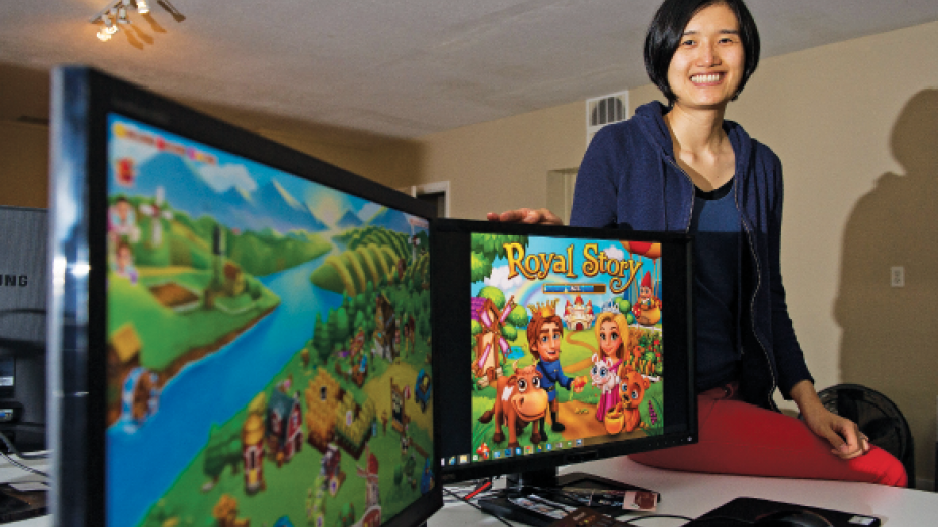Just as Microsoft (Nasdaq: MSFT) and Sony Pictures Imageworks are expanding their Canadian footprint and setting up larger offices in Vancouver, Asian tech firms, too, are catching on to the West Coast city.
China’s FunPlus Games, Singapore’s IGG.com and Japan’s DeNA Studios are among the East Asian companies that have bolstered their B.C. workforces over the past year or so.
“Clearly they’re scanning the globe to find out where they should set up to develop that international creative culture that they’re looking for,” Vancouver Economic Commission CEO Ian McKay said. “When they look and see some of the big American firms that have landed here, there’s no question it has a positive impact to them.”
“Of course, the big American firms are here for another reason, and that is they’re looking at what’s being locally, organically grown out of Vancouver.”
One of Japan-based Sony’s (NYSE:SNE) subsidiary visual effects (VFX) studios was headquartered in California up until late May. That’s when Sony Pictures Imageworks announced it was relocating its home base to Vancouver, where a satellite office already existed.
The VFX studio announced plans to double its local workforce and employ as many as 700 people in new offices under renovation at downtown Vancouver’s Pacific Centre.
Meanwhile, Microsoft will be Imageworks’ neighbour in the building. The Redmond, Wash., company announced in early May it would also double its workforce in the city and add about 400 new positions.
McKay said Asian companies have been drawn to Vancouver due to its proximity to both Asia and the tech hubs along the U.S. West Coast. He added that the ease of immigration and the city’s reputation for livability have made Vancouver that much more appealing.
Kaiser Ng, DeNA’s senior operations director in Vancouver, said in an email the city’s proximity to his company’s satellite studio in San Francisco played a big part in the decision to open an office here.
“Financially, both the federal and provincial government provide tax credits for game studios like us to lower cost of running business, which is a huge attraction for many tech companies.”
And since opening in 2012, Ng said, the Yaletown office has expanded to include about 90 employees.
A 2013 survey from the Asia Pacific Foundation of Canada ranked Canada ninth in terms of countries receiving outward foreign direct investment (OFDI) from China.
Most of the respondents listed the U.S. as the top choice for OFDI at 35%. Canada, meanwhile, was the top destination for Chinese OFDI for only 6% of respondents.
Although Canada is wedged between Vietnam and France in terms of preferred destinations for Chinese OFDI, Vancouver’s connections to Asia and its proximity to the U.S. have played a role in luring those Chinese companies to the West Coast.
Like DeNA, Beijing-based FunPlus also had its first North American office in San Francisco before hiring artist contractors to work in Vancouver. Earlier this year, the company expanded its Vancouver operations to include a full-fledged studio with designers and engineers.
This occurred just as the company responsible for Family Farm announced in March it had raised $74 million in venture capital funding.
Ji Gu, FunPlus Games studio director in Vancouver, said the office has about a dozen employees as of August but is hunting for a new facility that could accommodate as many as 30.
“The atmosphere and the amount of talent here already built up a good foundation for us to set up such a studio,” she said, adding the location is a significant factor.
Working in the same time zone as the San Francisco office, which is a 2.5-hour flight away, allows the international teams to work more efficiently, according to Gu.
“And a flight to our headquarters in Beijing, which I do almost monthly, is a mere 12 hours,” she said. “It’s a lot better than flying from Toronto.”




